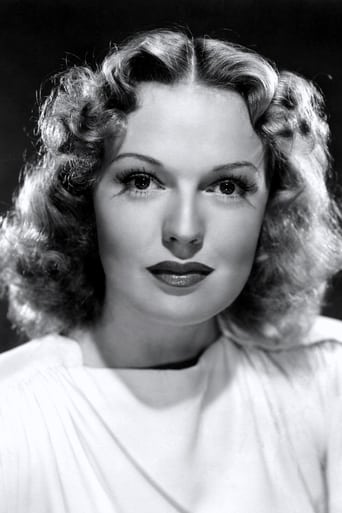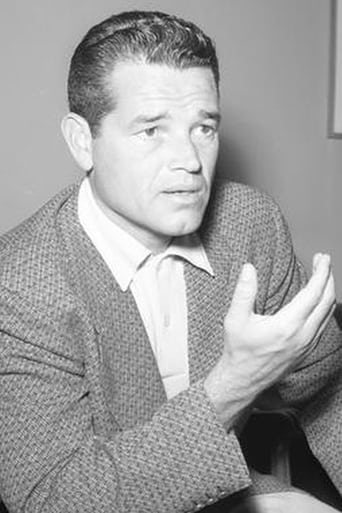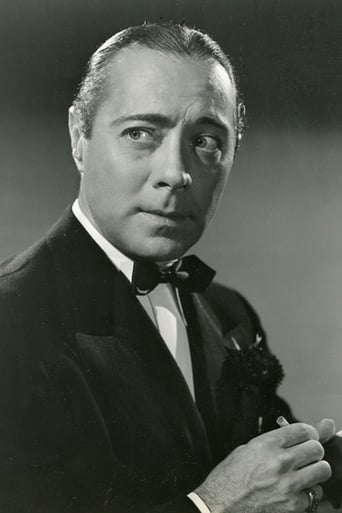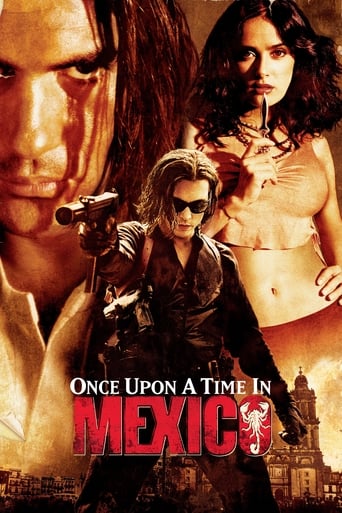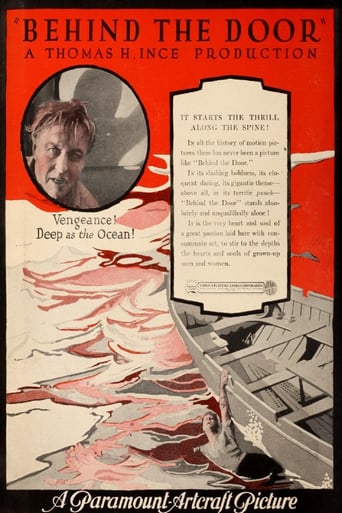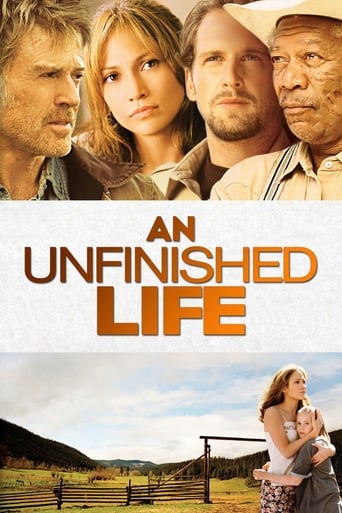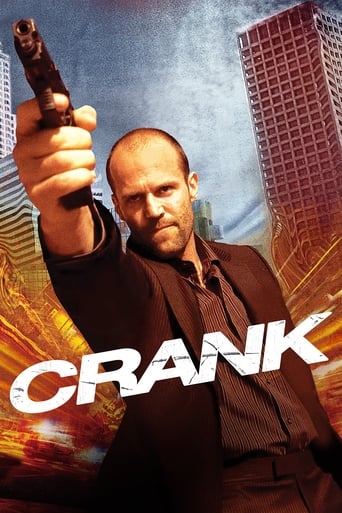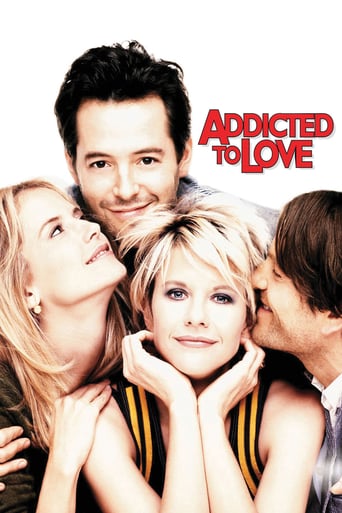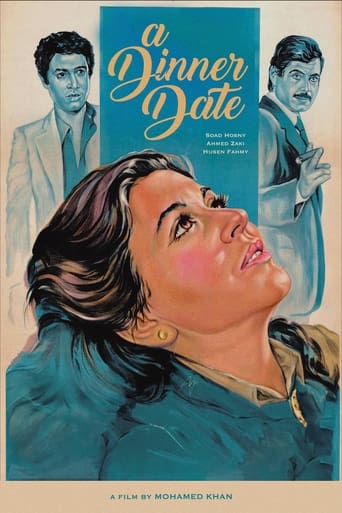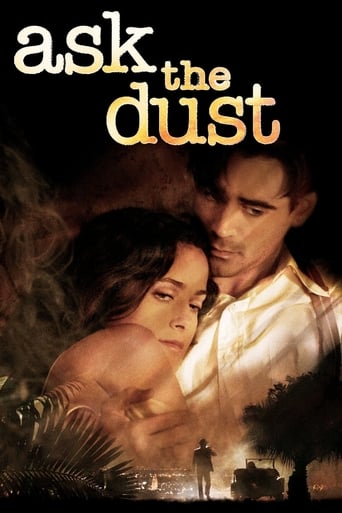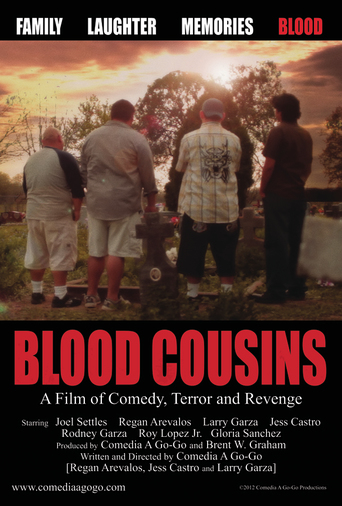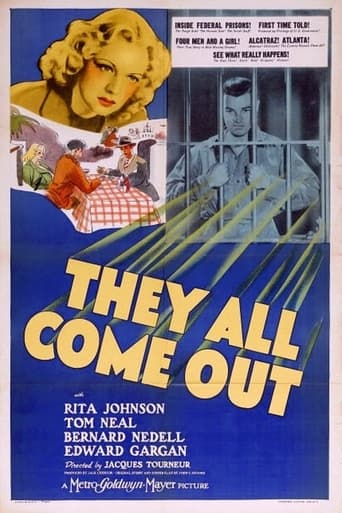
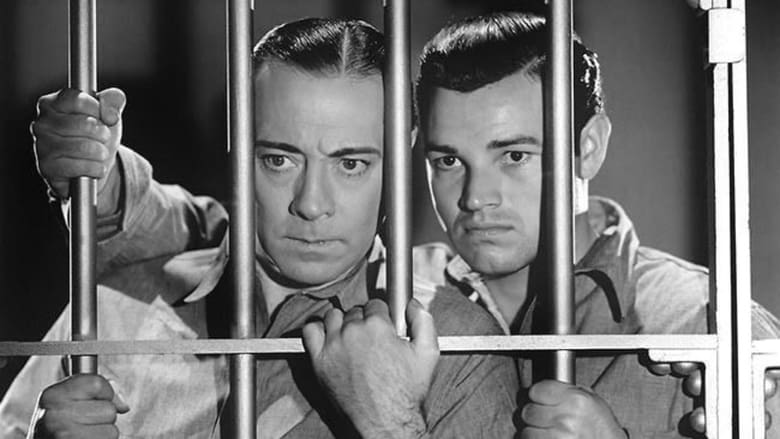
They All Come Out (1939)
A down on his luck young man stumbles into a gang of robbers who all get landed in prison. Will he be reformed, or is he ensnared into a life of crime?
Watch Trailer
Cast


Similar titles
Reviews
Copyright 11 July 1939 by Loew's Inc. An M-G-M picture. New York opening at Loew's Criterion: 2 August 1939. U.S. release: 14 July 1939. Australian release: Not recorded. 70 minutes.SYNOPSIS: Gangsters try to prevent an ex-convict going straight. NOTES: Made with the active collaboration and approval of the United States Department of Justice, with scenes photographed inside federal prisons at Alcatraz, Atlanta, Springfield, Chillicothe.Originally made as a 2-reel short subject in M-G-M's "Crime Does Not Pay" series, They All Come Out was expanded to 4 reels and then to 7 because of Louis B. Mayer's interest in the project (and the fact that it had such powerful government support and co-operation). "It's too good for 4 reels," Mayer is quoted as saying; "so let's make it 7!"COMMENT: Director Jacques Tourneur's first feature, this semi-documentary lauding the efficiency of the U.S. prisons system (both in reforming those who want to reform and surprisingly putting out of society's way those prisoners deemed incorrigible) was Tourneur's first U.S. feature. Apparently it was originally intended as a 2-reeler and gradually grew like Topsy. All the same, despite a great many scenes of self-congratulatory paper-shuffling (yes, paper-shuffling, it's one of the few movies that presents bureaucracy in action in great detail, which itself is actually rather interesting), the scriptwriter presents us with a well-rounded assortment of characters that maintain audience interest and/or sympathy. Attractively photographed, Rita Johnson comes across well as the reformed moll, and if Tom Neal seems a little too eager-beaver as the reformed hero he does share a nicely atmospheric, superbly photographed and sharply edited run-in with gangster Paul Fix ("I don't mind doing Reno a favor if there's something in it for me.") at the climax. Bernard Nedell is thoroughly convincing as the don't-let-them-make-a-sucker-out-of-you incorrigible, and there's even sizable parts for not-overbright but eager to reform Edward Gargan and downright crazy John Gallaudet ("Tell me, these women that you keep finding in your pockets, are they pygmies or regular-sized?" - "Both."). Real locations add to the film's authenticity in a movie that despite the co-operation and endorsement of the prisons system pulls only two major punches (there's no hint of overcrowding or sub-standard conditions, but the scenes on Alcatraz are absolutely terrifying all the same; and of course there's no such animals as corrupt prison officers). Tourneur directs with confidence and a sure hand, keeping the interesting documentary flavor yet using angles and compositions that are dramatically effective and even an occasional burst of dazzlingly fluid camerawork (very suitable for the upbeat conclusion). All in all, this is a B-feature that is well worth a look.
Apparently Louis Mayer liked the CRIME DOESN'T PAY short in progress so much that he had director Jacques Tourneur expand it into his first American feature -- he had directed a couple in France in the early 1930s. It's about how Rita Johnson picks up tramp Tom Neal and gets him a job .... as driver for the gang of bank robbers she is a member of. They are caught by the Feds and sent to prison, whereupon the story shifts to show how they fare in prison, some being rehabilitated, some sinking into permanent incarceration.It's an early and well-directed piece by Tourneur, primary because of the clipped manner in which the dialogue is directed. It's an outgrowth of the shorts series, and Tourneur keeps the pace up, with people going about their work fast and eficiently, with some nice camerawork by Paul Vogel and Clyde de Vinna, Neal is shown being trained in a machine shop and I think that that dramatic lighting, including some shots that are illuminated largely by oxy-acetylene torch, are by de Vinna.
What starts out as a typical criminals-on-the-lam movie turns into a didactic moral lesson to prove to its probably youthful viewers that crime does not pay. What is surprising is that in spite of the clichés, the talented acting of the principles make the film much more poignant than it could have been. Tom Neal (most memorable in the classic "Detour") plays with youthful sincerity. His conversion makes it hard to believe that later he was involved in a violent and criminal life himself and actually did time for murder. Rita Johnson is completely winning, as opposed to her obnoxious character as Ray Milland's girlfriend in "The Major and the Minor". She brings her own sincerity to her stereotyped character and makes it more believable. The emotional impact of the film is also the result of the script's mixed dramatic and documentary approach showing the characters from inside and out, and Jacques Tourneur's perfect pacing.
The usual misunderstanding-paves-way-for-embarrassing-situations plot is backed by Tom Keane's everyman and a marvelous supporting cast. The pace is brisk. The chemistry is fine. Charles Lane has a standout bit as a psychiatrist. Some intriguingly shadowy camera work makes the suspense part of this comedy more interesting than most.


